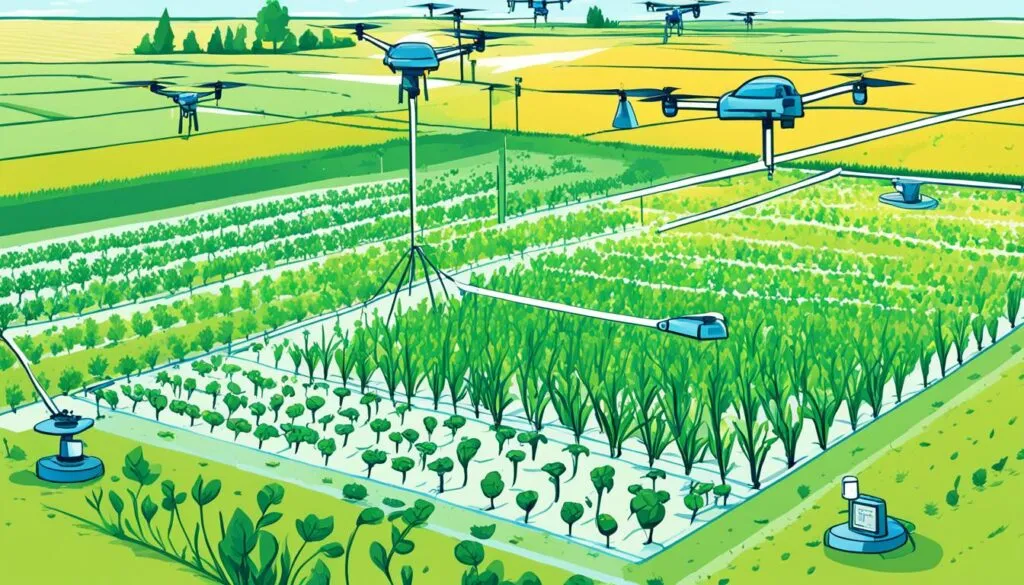In the quest for sustainable agriculture, a novel approach leveraging artificial intelligence (AI) is making waves, promising to revolutionize how farmers optimize energy use in maize cultivation. A recent study published in the *Journal of Agricultural Engineering* introduces an AI-supported framework designed to predict and optimize exergy efficiency and cumulative exergy consumption (CExC) in maize production. This research, led by Kutalmis Turhal from the Biosystem Engineering Department at Bilecik Seyh Edebali University, marks a significant stride in integrating machine learning techniques with agricultural energy systems.
Exergy efficiency, a measure of useful energy in a system, has long been overlooked in conventional agricultural analyses. Ignoring exergy degradation and irreversibilities can lead to poor input and technology choices, ultimately harming sustainability. Turhal’s research addresses this gap by utilizing a comprehensive dataset comprising 112 observations and seven key inputs: human labor, machinery, diesel fuel, seed, fertilizer, chemicals, and water. The study’s innovative approach involves neighborhood component analysis (NCA) for feature selection, principal component analysis (PCA) for dimensionality reduction, and extreme gradient boosting (XGBoost) for predictive modeling.
“The integration of AI techniques allows us to identify the most significant factors contributing to exergy efficiency gains,” Turhal explains. “This not only informs sustainable input planning strategies but also helps mitigate energy waste and decrease reliance on fossil fuels.”
The study’s results are promising, with a mean absolute error (MAE) of 1.5027, a mean squared error (MSE) of 4.7553, and a coefficient of determination (R²) of 0.99. These metrics indicate an exceptional model fit within the low-to-moderate efficiency spectrum (0-30%) while exhibiting minimal bias. The findings suggest that the proposed framework can effectively guide farmers in making informed decisions about input usage, ultimately enhancing sustainability and productivity.
The commercial impacts of this research are substantial. By optimizing exergy efficiency, farmers can reduce energy costs and minimize environmental impact, making maize production more sustainable and economically viable. The study’s insights highlight the importance of adjusting labor, fertilizer, and machinery inputs to achieve significant exergy efficiency gains. This data-driven approach can lead to more precise and efficient use of resources, benefiting both the environment and the agricultural sector.
Looking ahead, the integration of economic and CO₂ metrics into the model, as well as the exploration of real-time decision support systems in field trials, represents valuable advancements in this endeavor. Future work will focus on creating plot-level datasets that include harmonized covariates, such as soil properties, water regime, weather conditions, and pest pressure. These datasets will support causal inference and threshold estimation, fully disaggregated with separate measures for nitrogen, phosphorus, potassium, as well as diesel and electricity usage.
As the agricultural sector continues to evolve, the integration of AI and machine learning techniques offers a powerful tool for optimizing energy use and promoting sustainability. Turhal’s research paves the way for future developments in data-driven agriculture, providing a blueprint for how technology can be harnessed to address the pressing challenges of energy efficiency and sustainability in crop production.

